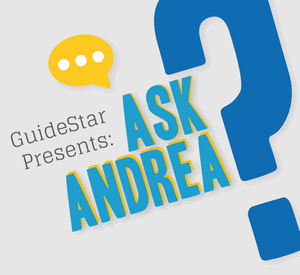 Do you ever feel as though people just don’t seem to be hearing you?
Do you ever feel as though people just don’t seem to be hearing you?
Have you ever rankled a bit when something you said just a few minutes earlier gets attributed to someone else?
That happens to me sometimes, and it surprises me. I’m not shy. I don’t tend to shrink. And I’m not usually quiet. So it’s puzzling when people don’t seem to hear what I say.
Turning up the Volume
One natural response to not being heard is to talk louder. You just turn up your volume. But often, not being heard isn’t about the actual hearing part. It’s about whether people attend to what you say. And that’s quite a different issue.
Sometimes women don’t feel heard in a large group of men. (I imagine this extends to any minority being heard in a larger majority.)
Or sometimes when you’re stating a contrary opinion, people will just slide right over it.
Versus Changing the Channel
Raising your volume may seem like the obvious answer. But remember — it’s not necessarily about how loud you are.
Here’s a piece of little advice that can make all the difference:
If you don’t feel heard, don’t turn up the volume. Instead, change the channel.
It’s not about you — it’s about your listeners.
You need to tune in to the frequency of your audience — your listeners. When you start speaking on their wavelength, they’re much more likely to tune in.
Here are some ways you can find the right wavelength of your audience.
- When expressing your opinion doesn’t work, start asking questions.
- If asking questions doesn’t make a dent, propose something specific.
- When being businesslike doesn’t get you heard, try being more personal.
- If your voice tends to get lost in a group, ask someone with more clout to express your views.*
- If in-person communication doesn’t work, send an email later highlighting what you wanted to get across.
- If being pleasant and accommodating gets your voice lost in the shuffle, change your tone to be a little more forceful.
*Sometimes it’s very effective to be the voice behind the voice.
Often it’s not what you say that isn’t heard — it’s how you say it.
Don’t feel heard? Try changing the channel!
Pay close attention to how you respond the next time you don’t feel that people are paying attention to what you say. What’s your normal response? And how might you change the channel rather than stepping up the volume?
Please share your stories about being heard (or not) in the comments below.
